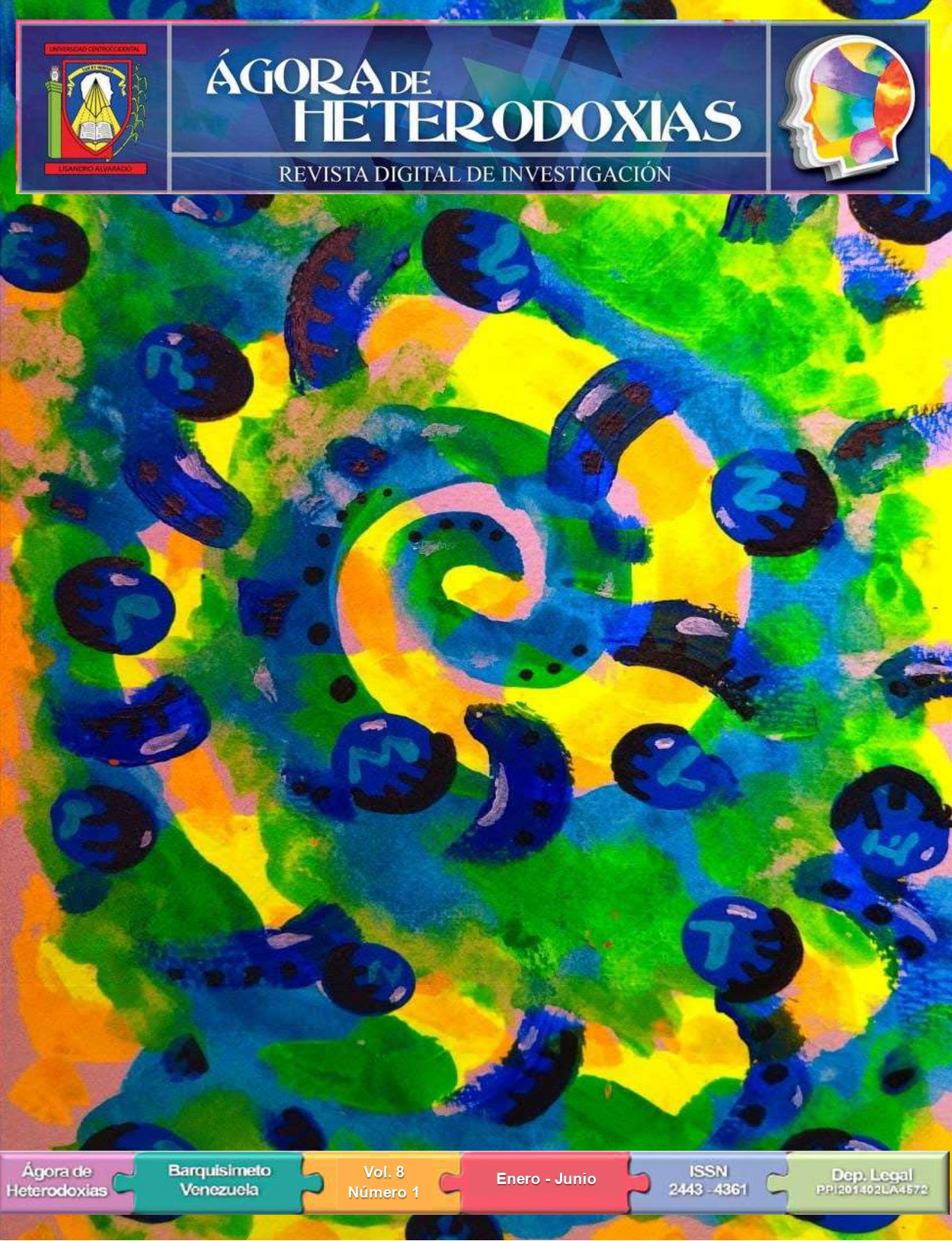Rethink culture, tourism, and heritage from a critical vision.
The case of the Maya train
DOI:
https://doi.org/10.5281/zenodo.7339767Keywords:
Tourism, patrimonialization, critical approachAbstract
The following paper is necessary, as the possibility of a critical approach to the conventional view of heritage, culture and tourism will allow us to reassess policies, discourses and actions undertaken by various actors who extol the socioeconomic benefits of the use of cultural assets, which gave rise to patrimonialization and touristification processes that relegate authentic socio-cultural and economic economic benefits to the communities that possess them. The method used for the reflective analysis considers three phases: the theoretical foundation of criticism in tourism and culture; an approach to a reality that evidences critical reflection; and, the conceptual proposal around rethinking the relationship between tourism, heritage and culture. In this reflective analysis, the document discusses the real impacts behind the patrimonialization of cultural goods, the role of the State and the hegemonic actors that establish a way of conceiving culture as domination. In contrast to this vision, the value of this as a form that emancipates and not that constrains, this from the reflexive critical contribution of the philosophical assumptions of culture, tourism and heritage with regard to the dynamics and practice of the activity called heritage tourism.
Downloads
References
Arias, A. E., Castillo, M., Panosso, A., y Mendoza, R. (2013). Teoría Crítica y turismo. Revista Hospitalidade, 10, 332–349.
Barretto, M. (2007). Turismo y cultura. Relaciones, contradicciones y expectativas. Asociación Canaria de Antropología- Pasos, Revista de Turismo y Patrimonio Cultural.
Buades, J., Castañeda, E., y Gascón, J. (2012). El turismo en inicio del milenio: una lectura crítica a tres voces. In El turismo en el inicio del milenio: una lectura crítica a tres voces. Colección Thesis.
Castillo, M. (2007). La investigación y epistemología del turismo: aportes y retos. Revista Hospitalidade, 2, 79–95.
Castillo, M., y Lozano, M. (2006). Apuntes para la Investigación Turística (Primera ed).
Criado-Boado, Felipe. (2001). La Memoria y su huella. Sobre arqueología, patrimonio e identidad. Madrid: Promotora General de Revistas.
Chaves, M., Zambrano, M., y Montenegro, M. (2010). Mercado, consumo y patrimonialización cultural. Revista Colombiana de Antropología, 46, 7–26.
Gandler, S. (2009). Fragmentos de Frankfurt. Ensayos sobre La Teoría Crítica. Siglo Veintiuno Editores.
Gómez, S. (2005). Repensar En El Turismo: Ante La Irresistible Tentación De Lo Pragmático Y Lo Empírico. Turismo y Sociedad, 120–134.
Guzmán, C., Garduño, M., y Zizumbo, L. (2009). Reflexión crítica sobre el consumo turístico. Estudios y Perspectivas en Turismo, 18(6), 691–706.
Horkheimer, M. (2003). Teoría crítica. Amorrortu editores. http://www.olimon.org/uan/horkheimer-teoria_critica.pdf
Horkheimer, M., y Adorno Th. W., (2003). Dialéctica de la Ilustración. Madrid: Trotta.
INFOBAE. (2020a). Derechos Humanos arremete contra el Tren Maya y Fonatur; pidió respeto para los pueblos originarios. [3 de junio de 2020]. Consultado en: https://www.infobae.com/america/mexico/2020/06/03/derechos-humanos-arremete-contra-el-tren-maya-y-fonatur-pidio-respeto-para-los-pueblos-originarios/
INFOBAE. (2020b). “Atropella los derechos y garantías de la población”: colectivos indígenas y especialistas en contra del Tren Maya. [3 de junio de 2020]. Consultado en: https://www.infobae.com/america/mexico/2020/06/03/atropella-los-derechos-y-garantias-de-la-poblacion-colectivos-indigenas-y-especialistas-en-contra-del-tren-maya/
Naciones Unidas México. (2020). “Objetivos de Desarrollo del Milenio”. Boletín de la ONU México. En: https://www.onu.org.mx/agenda-2030/objetivos-de-desarrollo-del-milenio/
ONU-HABITAT. (2020). El trabajo de la ONU en el Tren Maya. [17 de julio de 2020]. Consultado en: https://onuhabitat.org.mx/index.php/el-trabajo-de-la-onu-en-el-tren-maya
PNUD. (2015). “Objetivos de Desarrollo Sostenible”. Programa de las Naciones Unidas para el Desarrollo. En: https://www1.undp.org/content/undp/es/home/sustainable-development-goals.html
Rodríguez-García, A. M., & Almarza-Franco, Y. (2020). Lineamientos para la salvaguarda del patrimonio cultural inmaterial representado por la gastronomía autóctona de Bogotá. Ágora De Heterodoxias, 6(1), 57-68. Recuperado a partir de https://revistas.uclave.org/index.php/agora/article/view/3367
Santana, A. (2003). Turismo cultural, culturas turísticas. Horizontes Antropológicos, 9(20), 31–57. https://doi.org/10.1590/S0104-71832003000200003
Toselli, C. (2006). Algunas reflexiones sobre el turismo cultural. Pasos, Revista de Turismo y Patrimonio Cultural, 4, 175–182.
Ulate, A. C. (2006). Nuevos ejes de acumulación y naturaleza El caso del turismo. CLACSO.
UNESCO. (2001). Declaración Universal de la UNESCO sobre la Diversidad Cultural. Organización de las Naciones Unidas para la Educación la Ciencia y la Cultura.
Vargas Guillén, G. (2018). El análisis reflexivo y el método fenomenológico. contribución a la detrascendentalización de la fenomenología. Investigaciones Fenomenológicas, vol. Monográfico 7, 2018, 237-255.
Villaseñor, I., y Zolla, E. (2012). Del patrimonio cultural inmaterial o la patrimonialización de la cultura. Cultura y Representaciones Sociales, 6, 75–101.
Zúñiga, F. (2014). Nuevos usos del patrimonio arqueológico de El Tajín, a través de los procesos de turistificación, mercantilización y espectacularización. Anales de Antropología, 48–II, 151–182.
Published
How to Cite
Issue
Section
Copyright (c) 2022 Daniela Maya-Soto, Marcelino Castillo-Nechar

This work is licensed under a Creative Commons Attribution-NonCommercial-ShareAlike 4.0 International License.
![]() Authors keep their copyrights so articles can be reused for teacher and research purpose. Readers and users can also reuse articles for the same purposes but not for commercial purposes. Ágora de Heterodoxias has no responsibility on information given by collaborators which is not necessarily the point of view of the publication
Authors keep their copyrights so articles can be reused for teacher and research purpose. Readers and users can also reuse articles for the same purposes but not for commercial purposes. Ágora de Heterodoxias has no responsibility on information given by collaborators which is not necessarily the point of view of the publication



